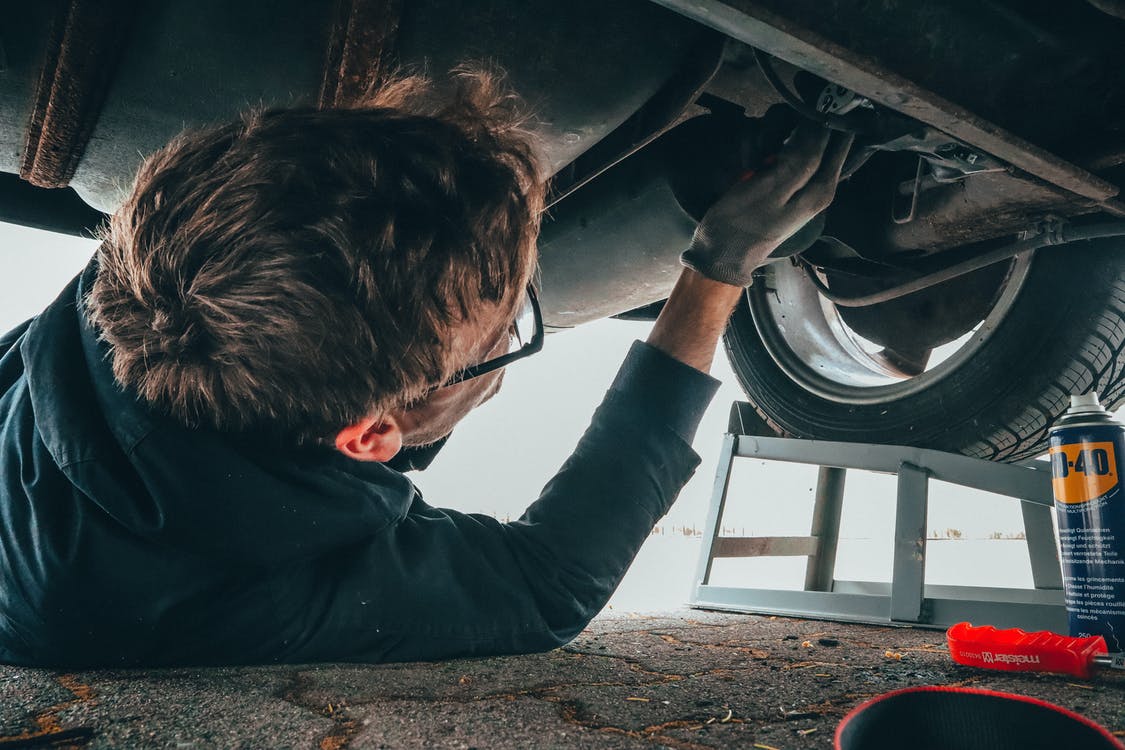Can Hard Water Cause Hair Loss?

In various regions, hard water with high mineral content, notably calcium and magnesium, is a common concern. While its implications for overall health may be limited, the potential effects of hard water on hair health and its connection to hair loss have attracted attention. This comprehensive article delves deeply into the relationship between hard water and hair loss, thoroughly examining scientific evidence, and providing detailed insights to help individuals understand and address this issue effectively.They can provide personalized guidance, evaluate the underlying causes, and recommend appropriate treatments or therapies to address any hair or scalp conditions. Plus, you can also opt for hair treatment at home if you don’t want to wait in queue for hair salons.
Understanding Hard Water
Hard water is characterized by a significant concentration of dissolved minerals acquired as water passes through rock formations, picking up deposits along the way. Calcium and magnesium are the primary minerals responsible for water hardness.
Causes of Hard Water
- Geological Factors: Regions with limestone or chalk deposits are more prone to hard water. As water flows through these formations, it interacts with minerals, leading to higher mineral content.
- Water Source Influence: Groundwater sources, such as wells and boreholes, typically exhibit greater hardness compared to surface water sources like lakes and rivers.
The Link Between Hard Water and Hair Loss
When hard water comes into contact with hair, the minerals it carries can deposit on the hair shaft, potentially causing various issues that contribute to hair loss.
Hair Shaft Damage
- Mineral Buildup: Calcium and magnesium ions from hard water accumulate on the hair shaft, resulting in mineral buildup. This buildup makes the hair feel rough, dry, and brittle, making it more susceptible to breakage and hair loss.
- Weighing Down the Hair: Mineral deposits add weight to the hair, leading to flat, lifeless strands lacking volume. This additional weight strains the hair follicles, potentially contributing to hair loss.
- Clogging of Hair Follicles: Mineral accumulation on the scalp can clog hair follicles, impeding proper hair growth. Clogged follicles make it challenging for new hair to emerge, resulting in thinning and eventual hair loss.
Hard Water’s Impact on Scalp Health
- pH Imbalance: Hard water often has a higher pH level, disrupting the scalp’s natural acidic balance. This disruption can cause scalp irritation, itching, and inflammation, further exacerbating hair loss.
- Dry Scalp: The minerals in hard water strip away the scalp’s natural oils, leading to dryness and flakiness. A dry scalp is more prone to conditions like dandruff, which can compromise hair health and contribute to hair loss.
Implementing Effective Strategies for Prevention
Installing a water softener system helps remove the minerals responsible for water hardness, preventing mineral buildup on the hair and scalp. Plus, using showerhead filters or whole-house filtration systems can significantly reduce the mineral content in water, minimizing its negative impact on hair.
Protective Measures
Regularly using clarifying shampoos is an excellent way to remove mineral deposits that accumulate on the hair due to hard water. Clarifying shampoos are specifically formulated to deep clean the hair and scalp, eliminating impurities, product buildup, and mineral residue.
When choosing a clarifying shampoo, look for those specifically designed to address hard water issues. These shampoos often contain ingredients like chelating agents, such as EDTA or citric acid, which bind to the minerals and help remove them from the hair shaft. Additionally, they may contain ingredients like clarifying surfactants or gentle exfoliants to thoroughly cleanse the scalp and hair follicles.
To make the most of clarifying shampoos, use them once or twice a week, or as recommended by the product instructions. Apply the shampoo to wet hair, lather it gently, and massage it into the scalp to ensure thorough cleansing. Rinse thoroughly with lukewarm water to remove all traces of the shampoo and mineral buildup. Follow up with a conditioner to restore moisture and nourishment to the hair.
Moreover, applying leave-in conditioners after washing your hair creates a protective barrier that helps minimize direct contact between your hair and hard water, reducing the deposition of minerals on the hair shaft.
Leave-in conditioners are lightweight formulations designed to be left on the hair without rinsing. They provide an extra layer of moisture, nourishment, and protection to the hair, sealing the cuticles and preventing moisture loss. When specifically chosen for hard water protection, leave-in conditioners may also contain ingredients. That help neutralize mineral buildup and combat the effects of hard water.
To use a leave-in conditioner, start with clean, damp hair. After washing and conditioning your hair, gently towel-dry it to remove excess water. Take a small amount of leave-in conditioner and distribute it evenly through your hair, focusing on the mid-lengths and ends. Avoid applying the conditioner to the scalp to prevent weighing down the roots. Style your hair as desired.
Rinse and Final Wash Techniques
- Vinegar Rinse: Rinsing the hair with a mixture of water and apple cider vinegar helps restore the scalp’s pH balance and remove mineral residue.
- Final Wash with Bottled Water: Washing hair with bottled water as a final rinse can help eliminate the effects of hard water and ensure the hair is free from mineral deposits.
Hydration and Nutrition
- Adequate Water Consumption: Staying properly hydrated ensures the body and scalp receive sufficient moisture, promoting healthy hair growth and preventing dryness.
- Balanced Diet: Consuming a nutrient-rich diet with essential vitamins, minerals, and proteins supports hair health, making it more resilient to external factors like hard water.
Seeking Professional Advice
If experiencing persistent hair loss or scalp issues despite implementing preventive measures, consulting a dermatologist or trichologist is advisable. Salon services at home is best way to get your hair nourished without any hassle.
Wrap Up
While hard water alone may not directly cause hair loss, the mineral deposits and scalp irritation it can induce may contribute to hair problems and exacerbate existing conditions. By understanding the impact of hard water on hair health and implementing appropriate measures, individuals can minimize potential damage, maintain healthier hair, and effectively mitigate the risk of hair loss.




